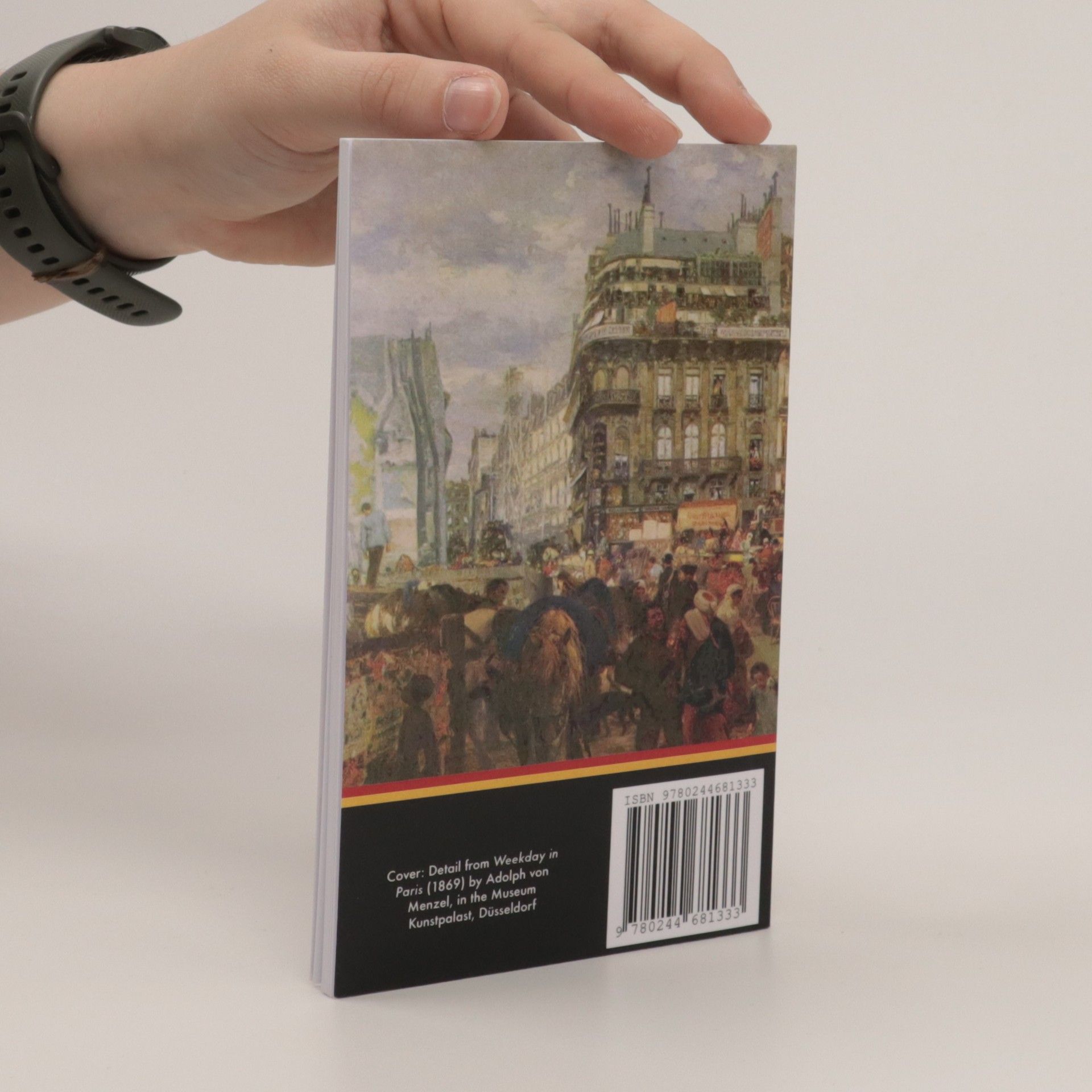Více o knize
In Critique of the Gotha Programme, Karl Marx delivers a sharp analysis and critique of the socio-economic proposals of the German Social Democratic Party (SPD) from 1875. This influential work is essential for grasping the flaws and contradictions inherent in capitalist societies. Marx examines the fundamental principles and practical implications of the Gotha Programme, challenging its vision of socialism and exposing its internal contradictions. He meticulously dissects the program's views on labor, distribution, and the state's role, highlighting their inadequacy in addressing the oppressive nature of capitalism. Throughout the text, Marx confronts the flawed notions of equality and fairness claimed by the Gotha Programme, identifying the remnants of bourgeois thought that persist in the party's proposals, which continue to perpetuate class divisions and exploitative labor relations. His critique combines rigorous analysis with passionate prose, serving as a powerful indictment of capitalist ideology and a call for revolutionary societal transformation. This work showcases Marx's intellectual brilliance and commitment to the working class's emancipation, advocating for a true socialist revolution and a classless society. It remains a vital resource for those seeking to understand Marxist theory and its relevance to the struggle against exploitation and inequality.
Nákup knihy
Critique of the Gotha Programme, Karl Marx
- Jazyk
- Rok vydání
- 2018
- product-detail.submit-box.info.binding
- (měkká)
Doručení
Platební metody
Tady nám chybí tvá recenze.






